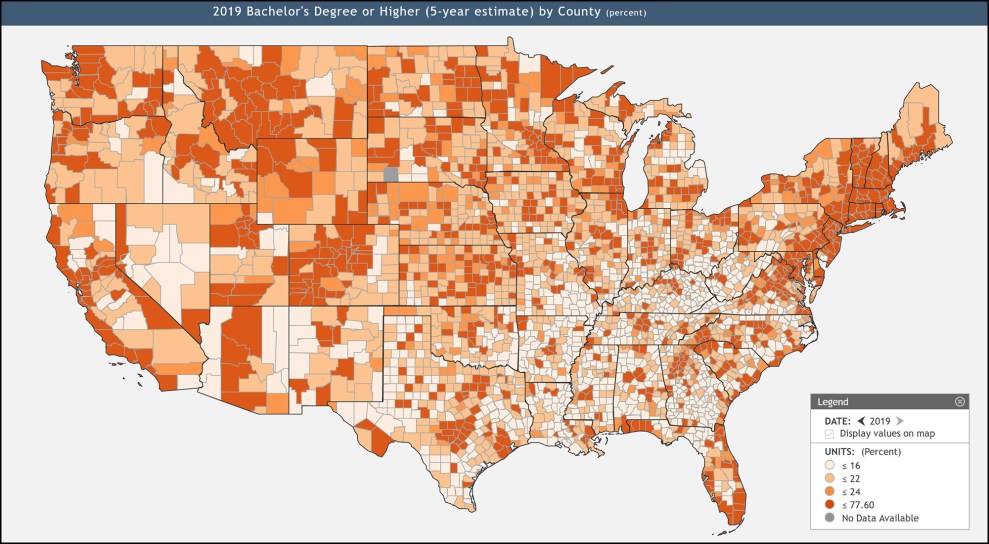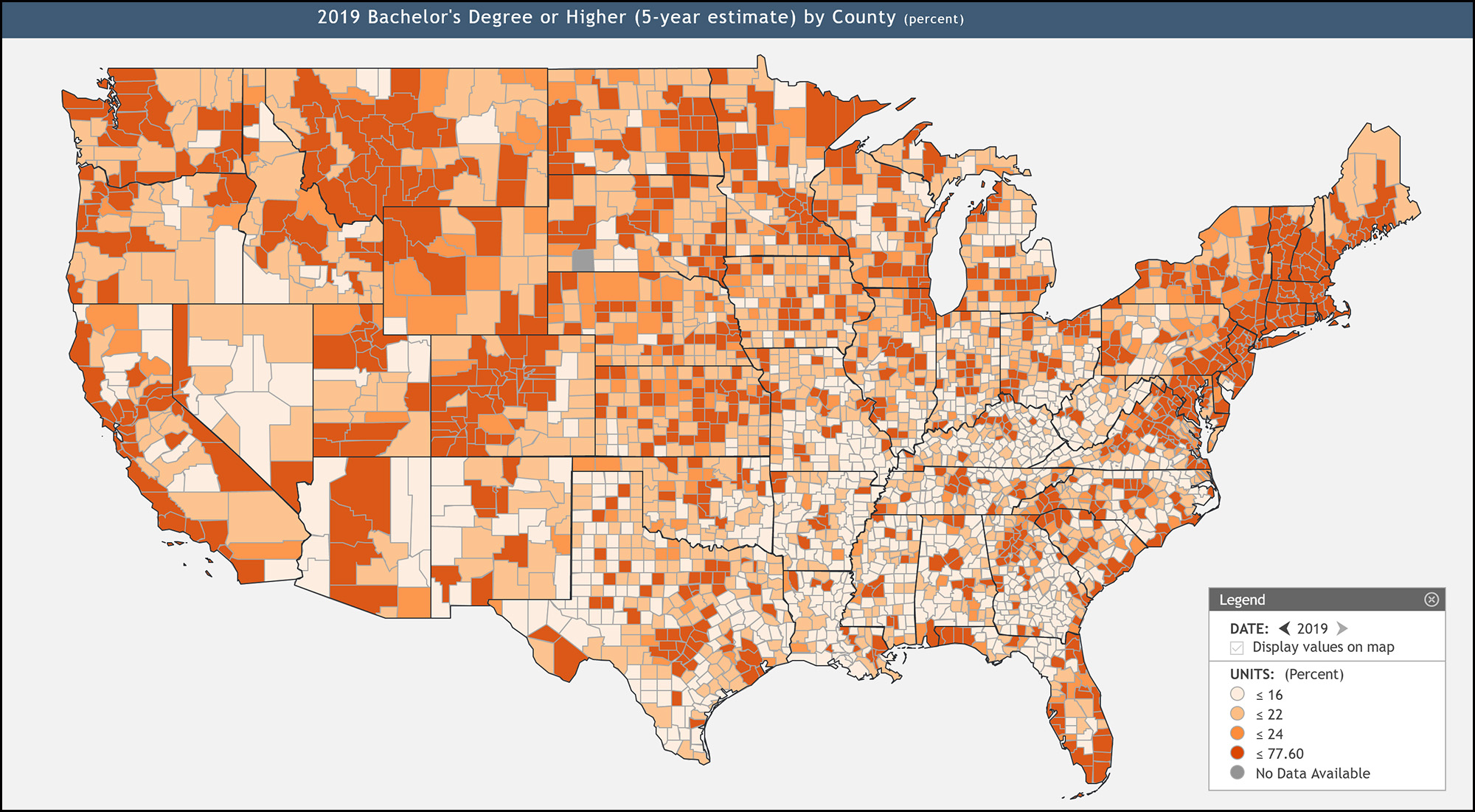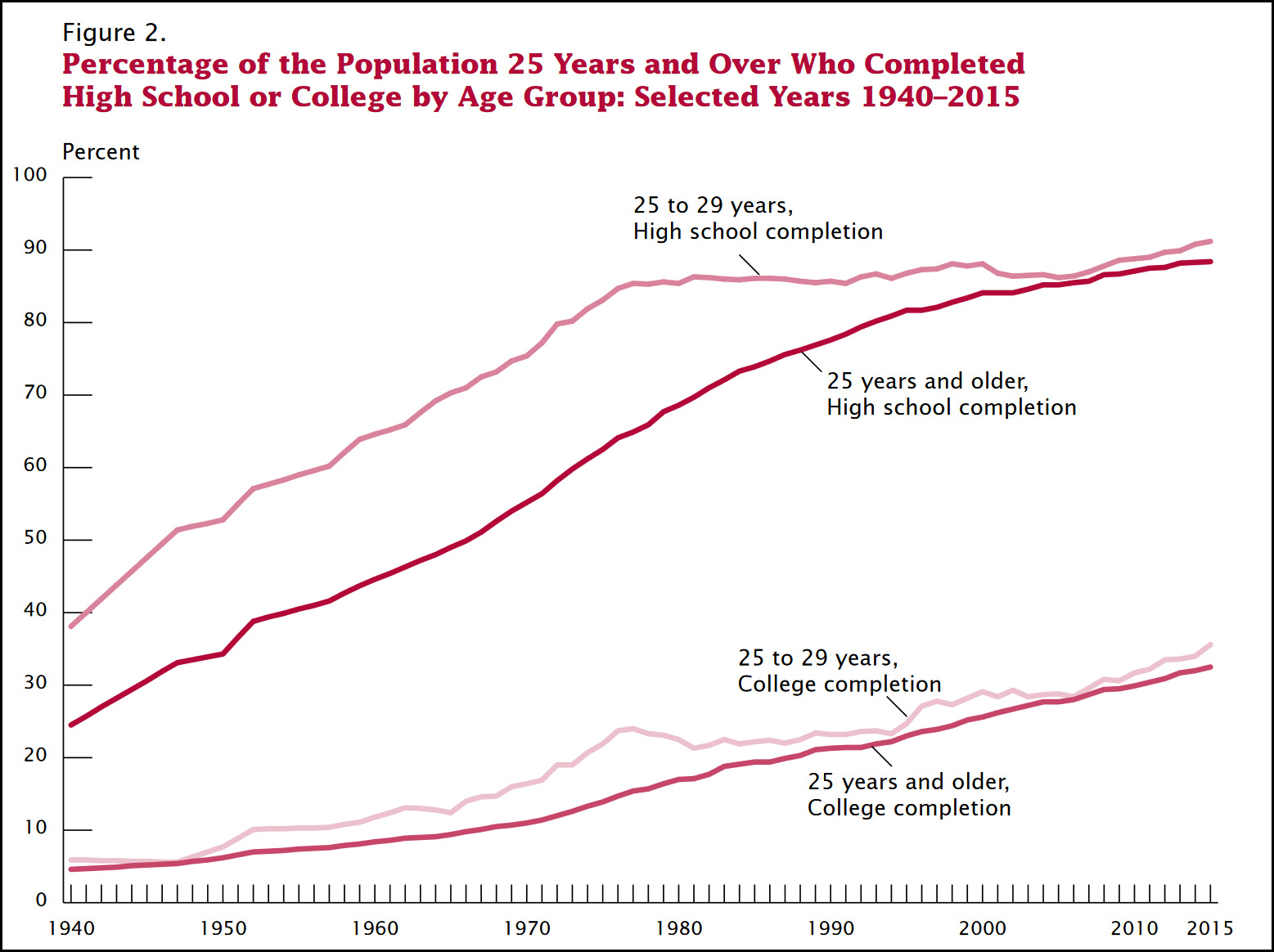
In the heavily Hispanic South Bronx, the liberal sanctum of San Francisco and the immigrant-rich neighborhoods of Miami, President Trump also shrank Democratic margins by drawing thousands more to his side….Party strategists now speak privately with a sense of gloom and publicly with a tone of concern as the election results become clearer. They worry about the potential emergence of a mostly male and increasingly interracial working-class coalition for Republicans that will cut into the demographic advantages Democrats had long counted on.
Across the United States, many areas with large populations of Latinos and residents of Asian descent, including ones with the highest numbers of immigrants, had something in common this election: a surge in turnout and a shift to the right, often a sizable one. The pattern was evident in big cities like Chicago and New York, in California and Florida, and along the Texas border with Mexico, according to a New York Times analysis of voting in 28,000 precincts in more than 20 cities.
This has already congealed into conventional wisdom: Democrats are in trouble because their gains among the college educated aren’t enough to match their losses among both the white and Latino working class. A map provides some insight into this problem:

Democrats do fine in areas with lots of college-educated residents: the west coast, New England, the mid-Atlantic down to Virginia, and bits and pieces of the mountain west. But that’s about it. The upper midwest, which has a middling number of college grads, is up for grabs.
In recent years education has turned out to be the single biggest predictor of voting intentions, and this is not great news for Democrats for obvious reasons:

If education is the playing field, then Democrats own only about one-third of it. The rest is Republican territory. This doesn’t mean Democrats can never win in areas with a small number of college grads, but it does mean that they have to work pretty hard to do it.
To put this more simply, recent evidence suggests that Democrats don’t just have a problem with the white working class anymore, but, increasingly, a problem with the working class, period. Unfortunately, this inevitably brings us around to the tedious—but important—question of whether liberals need to move toward the center on social issues.
Needless to say, the progressive wing of the party is massively resistant to this idea. During the election, my Twitter feed was jam packed with quixotic ideas for expanding the Democratic map: eliminating the Electoral College; admitting Washington DC and Puerto Rico as states; packing the Supreme Court; etc. This is all pie-in-the-sky stuff, a desperate attempt to propose anything other than the obvious: embracing social policies that appeal to more people, especially those without college degrees. That’s Politics 101. I don’t know how this is all going to turn out, but I’ll bet it’s going to be a helluva fight.















